In this two-hour video course by Dr. Ken Cloke, you will recognize that every conflict, no matter how trivial, points us toward a crossroads in our lives. One road leads toward anger, fear, confrontation, bitterness, and revenge, and draws us into quarrels over the past. A second leads us toward empathy, acceptance, honesty, collaboration, and mutual respect; it draws us into negotiations over the future. Yet there is a still deeper third road that is largely hidden from view, which invites us into insight, discovery, wisdom, affection, and heartfelt communications; it draws us into awareness of the present. It encourages us to apologize; reach forgiveness; seek release, renewal, and reconciliation. It allows us to sustain openhearted relationships. It wakes us up, makes us more mindful of ourselves and others. It nurtures us. This is the path of transformation and transcendence, of wisdom and heart. While revenge is complex, apology, forgiveness, and reconciliation are simple, yet powerful transformative tools, and doorways to inner and outer peace. They can be gigantic, or nearly unnoticeable, and can be integrated into every kind of mediation practice. They can free us from the past and allow us to reach closure, to let go of whatever has kept us trapped in conflict, and move in healthier, more positive directions, toward deeper levels of resolution and relationship.
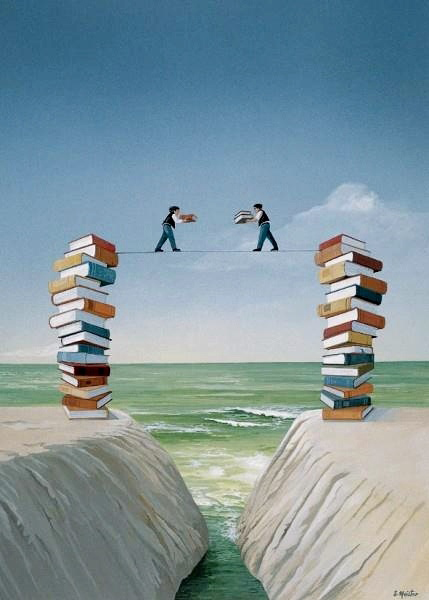
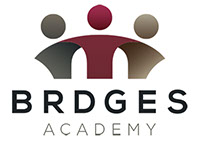

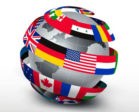
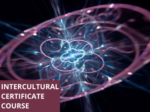
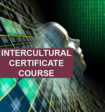
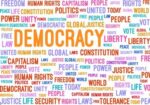



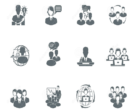

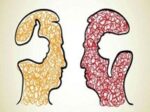
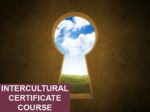


![[P]Reflections: Invaluable Benefits of Preparation](https://brdgesacademy.com/wp-content/uploads/2015/11/plan-ahead-1-150x96.jpg)
